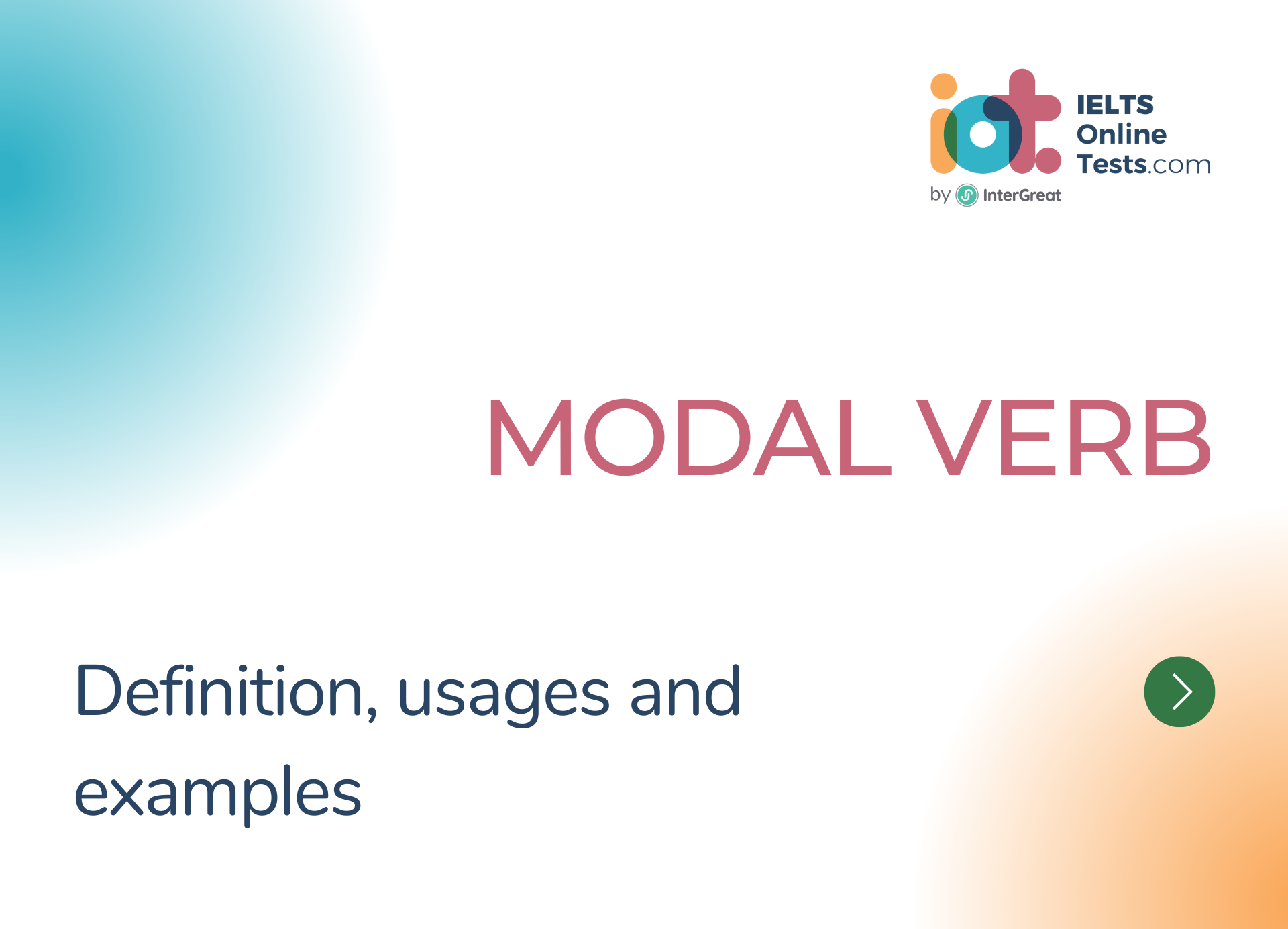
Modal verb definition, characteristics and examples
Modal verbs, also known as modal auxiliary verbs, are a specific category of auxiliary verbs that express modality, indicating attitudes such as possibility, necessity, ability, permission, and more. They modify the main verb in a sentence to convey specific meanings.
Here's a detailed explanation of modal verbs with examples:
Common Modal Verbs:
- Can: Indicates ability or possibility.
- Example: "She can swim well."
- Could: Expresses past ability or polite requests.
- Example: "Could you help me with this?"
- May: Signifies permission or possibility.
- Example: "May I use your pen?"
- Might: Implies a slight possibility or uncertainty.
- Example: "He might come to the party."
- Must: Conveys strong necessity or obligation.
- Example: "You must complete the assignment."
- Shall: Used to indicate future actions or suggestions (primarily in formal or legal contexts).
- Example: "Shall we go for a walk?"
- Should: Suggests advice, recommendations, or expectations.
- Example: "You should eat healthy food."
- Will: Indicates future actions or intentions.
- Example: "I will meet you tomorrow."
- Would: Expresses polite requests, preferences, or hypothetical situations.
- Example: "Would you like some tea?"
- Can: Indicates ability or possibility.
Characteristics of Modal Verbs:
- They do not change their form regardless of the subject.
- They are always followed by the base form (infinitive) of the main verb.
- They do not take "s" in the third person singular (he, she, it) in the present tense.
- They do not have a past tense form. Instead, their past meanings are conveyed using other constructions.
Examples of Modal Verbs in Sentences:
- "She can play the piano."
- "We could go to the party if we finish our work."
- "May I have a glass of water?"
- "He might be late due to traffic."
- "You must follow the rules of the game."
- "Shall we start the meeting?"
- "You should take care of your health."
- "I will call you later."
- "Would you mind opening the window?"
Modal verbs add shades of meaning and express various attitudes, permissions, abilities, obligations, and more. Understanding and using modal verbs appropriately helps in conveying precise meanings and engaging in effective communication in English.




